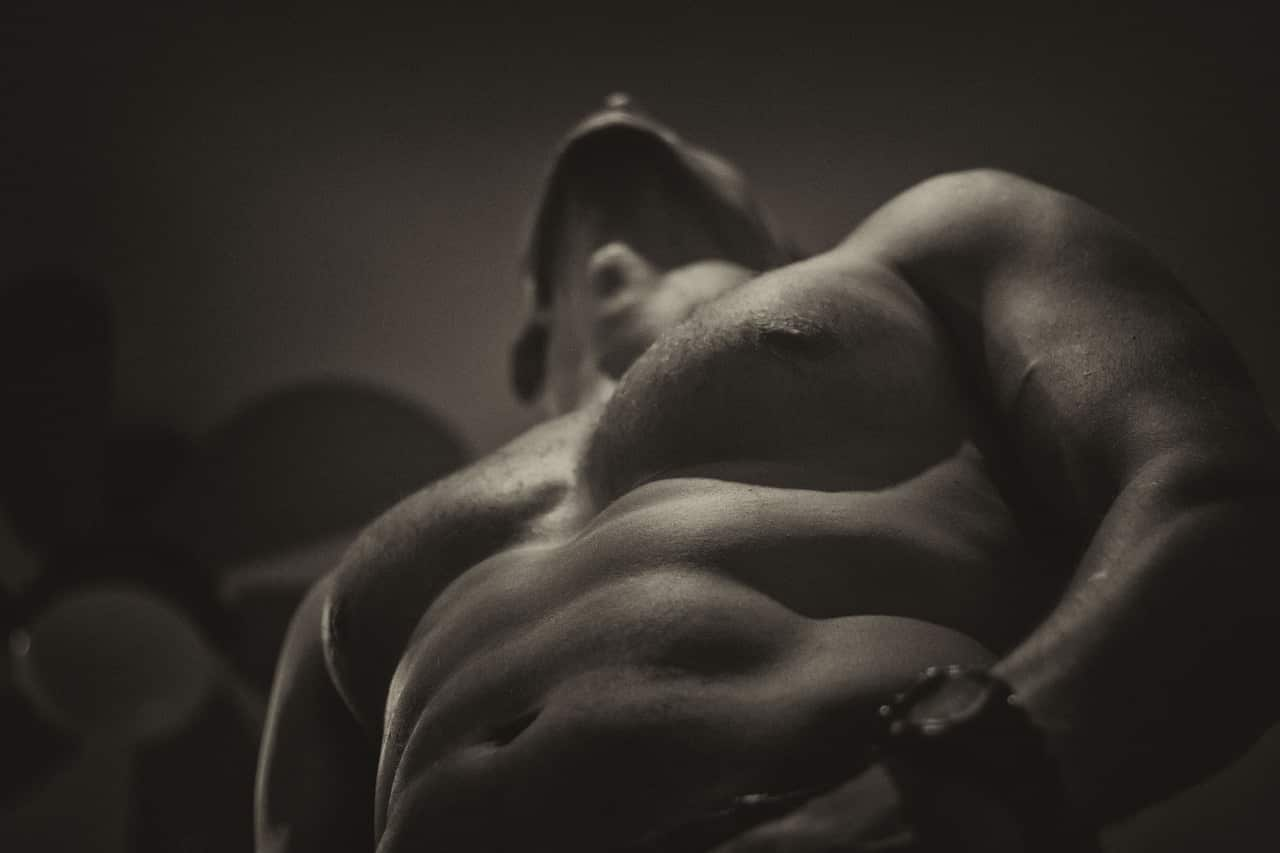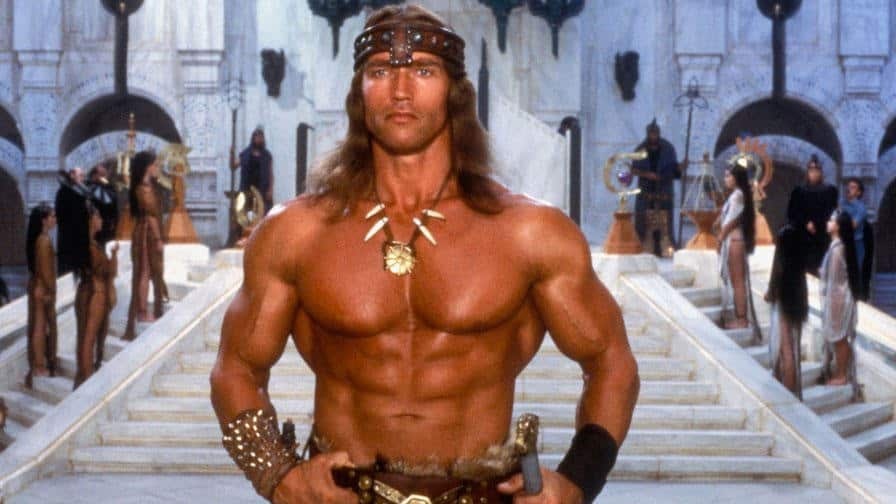I’m going to suggest something controversial - body image can be just as much an issue for men as it is for women, it’s just that we rarely hear about it from men themselves.
We know that talking and being emotionally vulnerable can be hard for men. Add to the equation an ultra-sensitive sore point like body dissatisfaction, and the disorders and difficult feelings that can come from that, and that’s a tough wall to penetrate.
Some men will seek medical advice (see SBS’s series Dr Christian Will See You Now) but research shows men are more likely to suffer alone in silence.

A recent study by The University of Sydney found males with body image issues and eating disorders are up to four times more likely to go undiagnosed than females.
And consider these statistics:
25 percent of all people with anorexia nervosa or bulimia nervosa are male.
40 percent of people with a binge eating disorder are male.
42 percent of males who have eating disorders identify as gay.
45 percent of Western men are unhappy with their bodies in some way, rising from 15 percent 25 years ago.
25 percent of Australian men in a healthy weight range believe they’re fat.
3 percent of Australian teenage boys use muscle-enhancing drugs like steroids.
Keep in mind the stigma surrounding these issues for men means cases are under-reported. There’s still the misconception among men that body image issues and eating disorders only affect women.
For a long time, I thought the same. I’ve felt a lot of shame for struggling with body dysmorphia and the eating disorders I’ve experienced for most of my life. I still do. I’ve spent a good amount of the time trying to deal with this myself, but that’s a losing game when everywhere around me are images of perfection. I feel like a failure that I can’t achieve that.

As it does with women, the media has a lot to answer for when it comes to its effect on men. It has set a bar of Greek godlike perfection that bombards men from newsstands, TV shows and ads, and movies, feeding insecurities and feelings of inadequacy. Men don’t live in a media vacuum. They don’t just shrug off what they see in a way that perhaps as men they’re expected to.
Personal trainer and former competitive body builder Adam Pisano believes popular culture has set an unrealistic benchmark of hyper-muscularity for men.
“When I was growing up, someone like Arnold Schwarzenegger had an extreme body,” he says. “It was an action hero body. Today, that’s pretty much the norm. Arnold doesn’t even cut it any more.”
It’s feeding the rise of muscle dysmorphia or “bigorexia”. A disorder that mainly affects men, it’s an obsession with feeling too small and underdeveloped. Anabolic steroids, and extreme exercise and diet are used to bulk up to massive proportions.
“The idea of you being better than average really appeals to the male psyche,” says Pisano. “The theory is you have a better chance at life of doing everything - getting the job that you want, the partner of your dreams - if you look better. The paradigm is now fit and muscular or hyper-muscular. If you’re hyper-muscular and have a really good body, then the world is your oyster."

He believes this kind of body obsession is masking deep-seated insecurity and psychological issues in men.
“Your only chance of getting off that merry-go-round is to address the issues rather than trying to mask them,” says Pisano. “You’re chasing something that’s unattainable. What’s the perfect body? It doesn’t exist.”
And a dearth of average male physiques represented in the media is a key factor missing from the equation.
Actor/producer and personal trainer Dave Thacker has seen the effects of body image perception firsthand from both sides of the camera.
“There isn’t a healthy benchmark in society at present for men to aspire to, or to gauge what good self esteem is in regards to their appearance or their weight,” he says. “A lot of the education and focus has been predominately with females.”

If we’re to try and tackle the potential for body hang-ups and disorders in men, education needs to start early. Just as we aim to encourage positive body image in young girls, we need to start a dialogue with boys, listening and looking out for signs they’re struggling with insecurity.
“That’s where that beast is originally created - in the mind of an eight- or nine-year-old boy who’s told he’s too skinny or too fat, or not coordinated enough or not athletic enough or not good enough,” says Pisano. “The seed gets planted very early and it can lay dormant for a time, then something might trigger it, and then it’s, ‘Geez, I’m not good enough. I need to get to the gym.'”
Thacker believes society needs to acknowledge body image can be a problematic issue for men before they can feel more comfortable talking about it, “without it being demonised, that it’s not abnormal, but something that people in modern society have a susceptibility to”.
But we’re not there yet. There’s still a burrowed stigma in men about having body hang-ups, even more so body and eating disorders. We can be a stubborn lot, us men, thinking that stoicism is a key foundation of our masculinity. It means that talking openly with each other about our struggles remains a taboo.

But the reality is, suffering in silence is a tortuous and unsustainable existence. Male body image and its associated disorders have become a silent epidemic that is paralysing men. It’s a matter of quality of life, and life and death.
Just as more men are speaking openly about depression, it’s my hope they’ll be able to talk a little more openly about their body image concerns, too. They go hand in hand. Remember, there’s a good chance someone around you is also having a hard time. It’s a cliché but it’s still true - you don’t have to go it alone.
If you or someone you know is struggling with negative body image or an eating disorder, the Butterfly Foundation for Eating Disorders can help. Get in touch on 1800 33 4673 or support@thebutterflyfoundation.org.au and check out the website for more information.
Dr Christian Will See You Now airs Mondays at 7:30pm on SBS. Missed the last episode? Watch it at SBS On Demand:
